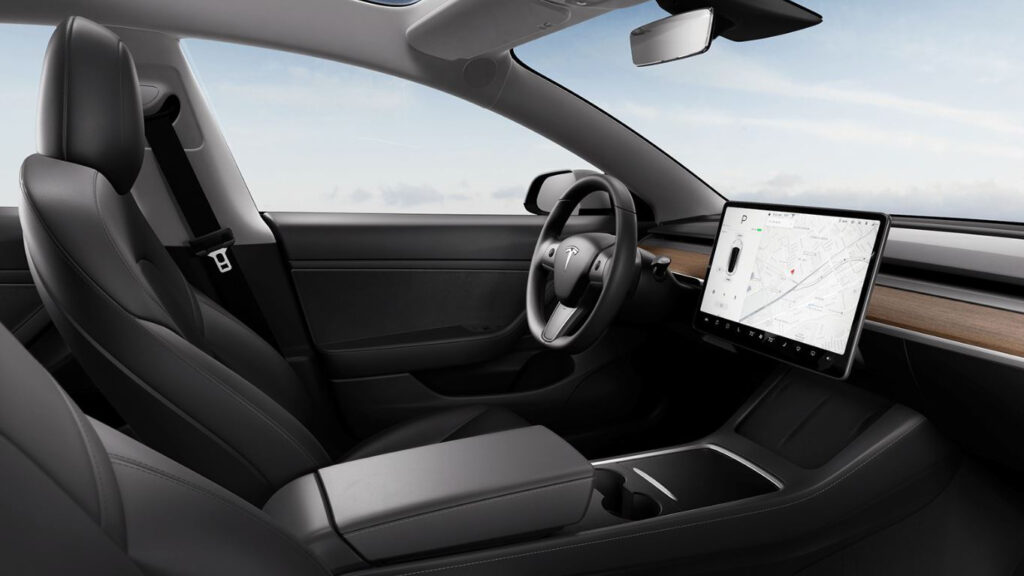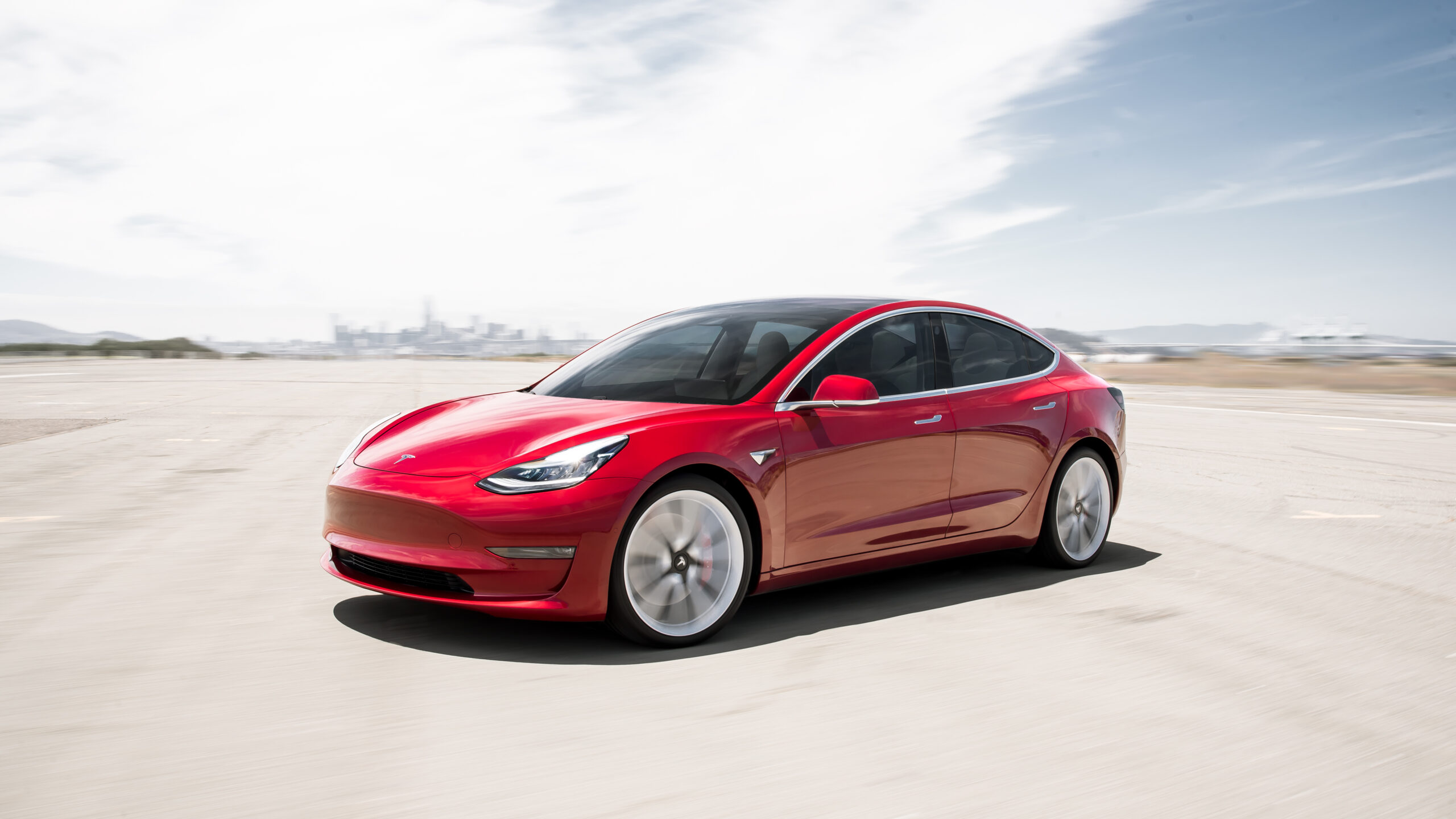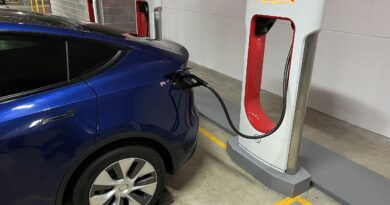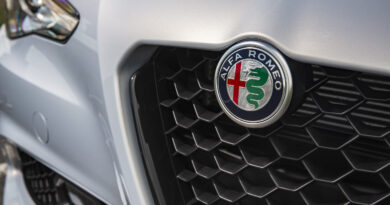Tesla customers robbed by internet scam
Tesla has been urged to review the way payments for its cars are made after Australian buyers lost tens of thousands of dollars – and ended up with no car at all – to internet scammers.
The ABC was contacted by Perth woman Andrea Hammond, who was sent an invoice from Tesla for $74,647.62 – rather than being offered to pay through the company’s secure website.
The Tesla invoice email was intercepted by hackers who simply changed the bank account details and forwarded it on to Ms Hammond, who then paid the money straight to the scammers’ account instead.
“I absolutely cannot understand why Tesla don’t do the invoicing in the payment system through a secure website,” she told the ABC. “Instead, I was sent an unsecured, editable invoice that anybody could get into and change the numbers, so the hackers didn’t have to create a new invoice.
“It was just too easy.”
The whole debacle is even harder to take for Ms Hammond because she really hesitated over buying such an expensive car, a Model 3, in the first place, only making the decision because she felt it was the right thing to do.
“Spending that amount of money was not an easy decision, but my commitment to wanting to drive without polluting the atmosphere was my motivation,” she said.
“The Tesla cars seemed to stack up in terms of being a car that I could drive for the rest of my days.”
With no dealership to visit, all of her transactions were via the internet, first booking a test drive online and then paying her deposit through the Tesla website.

The ABC also spoke to another customer who’d suffered the same fate, a “successful Sydney businessman, who does not want to use his real name due to concerns for his professional reputation”.
The man said the company had emailed him to tell him his Model 3 had arrived, and requested payment via an invoice.
“I should have checked the bank account details on the invoice by telephoning Tesla directly, but there was no phone number readily available to ring or to contact them,” he said.
“They wanted payment quickly because the vehicle had become available, so I paid the invoice.”
Sure enough, the money was taken by scammers and never reached Tesla.
Both customers attempted to get help from their banks to get the money back, with little success.
Ms Hammond was at first put off doing so because a Tesla employee told her she thought the account she’d paid the money into was actually a legitimate Tesla account.
The Sydney man managed to get $17,800 back, because he moved quickly and that amount had not yet been stolen, but he still lost $60,000.
“I think there should be legislation within Australia that when a company is sending an invoice over a certain dollar figure that they must be legally required to send it through a secure delivery system,” Ms Hammond said.
“If banks are going to the trouble of asking you for the account holder’s name, then they could do a service to their customers voluntarily by actually checking those transactions, flagging them and then asking for additional scrutiny.”
While Tesla does not reveal its sales figures – nor deign to comment on stories about internet scammers hitting its customers – it is the biggest-selling EV brand in Australia, with some estimates suggesting it sells twice as many EVs as all other car companies combined.




